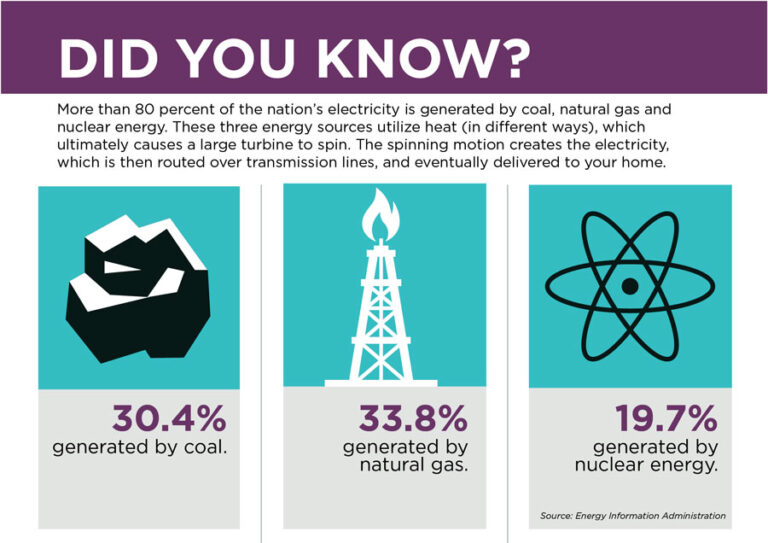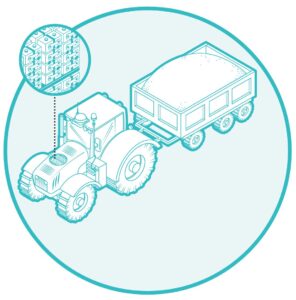Have you ever wondered what would happen if the internet went down? If connectivity to our devices was no longer available? I don’t think we realize how much we depend on internet connectivity. We take for granted this instant access, always on, always connected lifestyle that works seamlessly in the background to make everyday transactions happen without thought.
Let’s think for a moment what services rely on the internet. Most people today do not have a landline phone and either use Voice over IP (VOIP) or cell phones, both of which rely on the internet for back end communications. ATM machines and point of sale devices also rely on the internet. Students who take online courses rely on the internet for classroom discussions and turning in homework. 911 systems and first responders even rely on the internet. Weather reports could be hindered, and access to law enforcement databases could go down. It may seem like I am painting a picture of a hypothetical doomsday scenario, but this is exactly what happened to Arizona residents in 2015.
On Feb. 26, 2015 Flagstaff’s 69,000 residents experienced disruptions or outages with all the systems I previously mentioned. Computers and cellphones were knocked out of service, ATMs stopped working, 911 systems were disrupted, and businesses were unable to process credit card transactions. This was because a vandal apparently cut through a fiber-optic internet cable buried under the desert. At Flagstaff City Hall, employees were unable make or receive calls at their desks. The city relied on the Arizona Department of Public Safety for help in dispatching police and firefighters.
In Prescott Valley, about 75 miles north of Phoenix, authorities said 911 service was being supplemented with hand-held radios and alternate phone numbers. Weather reports from the region couldn’t reach anyone. During evening newscasts, Phoenix TV stations showed blank spaces on their weather maps where local temperatures would normally appear. This outage only lasted for a period of 12 to 15 hours before services were restored.
One Arizona resident that identifies himself online as Splorinstuff said, “Banks shut their doors and dropped their bars for protection, grocery stores told people not to come in unless they showed cash at the door. People were running all over trying to get money and supplies… Financial loss starts to seem relatively insignificant to the other effects.” Ultimately it did not ensue panic among the general population. Imagine what might happen if this occurs for a much longer period affecting half or even a quarter of the U.S.
Some experts speculate that financial recession would be eminent in the wake of a widespread internet outage. Systems like streetlights would eventually go down, hospitals would be operating in limp mode, essential things like grocery supply would be hindered because supply warehouses depend on the internet for shipping and filling orders. Probably one of the scariest things for some is we would have to talk to each other in real life. But considering all this, I think the bigger question is, could a widespread internet outage really happen?
I’m not going to say that it can’t happen, but I do believe it is highly unlikely. The internet is a mesh of interconnected servers with a lot of redundancy and fault tolerance built in. Sure, it’s possible that a small portion or a geographical area can and probably will experience an internet outage in the future, but the likelihood of the entire internet going down is slim. Electromagnetic pulse (EMP) is one scenario that I can think of that has the potential of bringing the entire internet down. Science says it is theoretically possible for a solar flare to create an EMP that would be large enough to fry all electronic equipment.
Any event that could bring down the entire internet would likely have consequences that far overshadow the inconvenience of not being able to get on Facebook. Such an event would likely set us back 25 years or more from a technology standpoint. However, technology professionals are always working to create a more robust internet infrastructure to decrease the likelihood of a widespread internet outage. It is, after all, a piece of our nations critical infrastructure.
I would like to take a moment and thank Fran Matthews, a Menard Electric member, for suggesting the topic for this month’s Powered Up.










